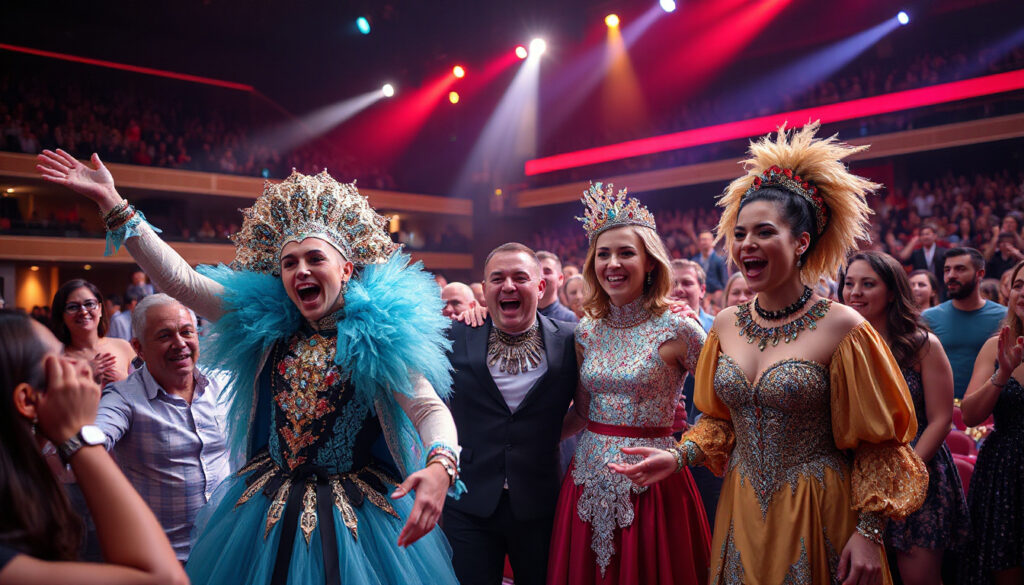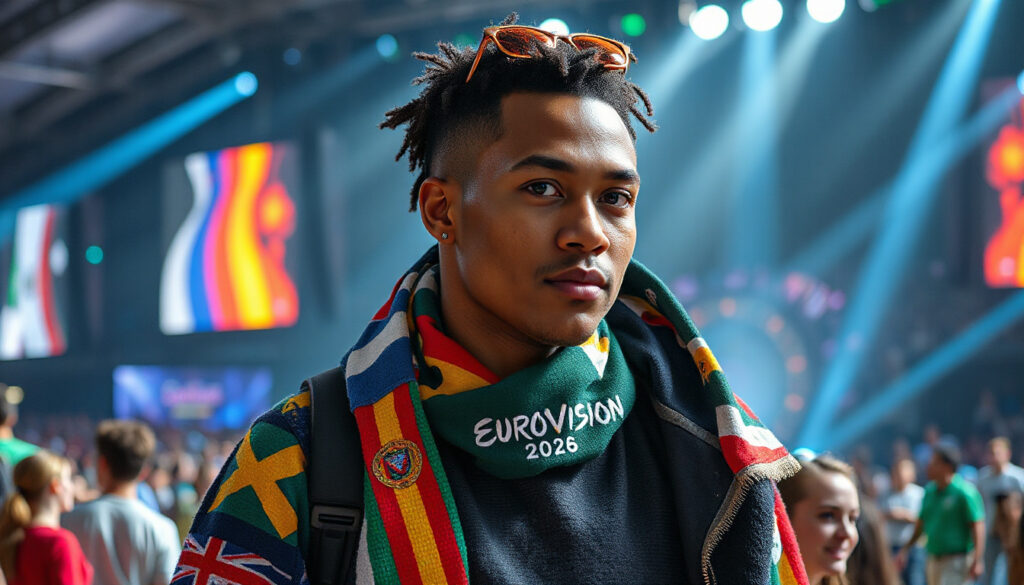Eurovision Song Contest turns 70 in 2026. The contest now shows a new wave of fun and fight. Countries pick their singers in many ways. National shows drive Eurovision. They stir public love, start careers, and bring buzz before the main show. This year, the mix is clear. Old contests sit with new ideas and some changes. Fans and singers watch every step.
Here is your guide to the national selection scene for Eurovision 2026. The guide splits countries into those with public contests and those with closed choices. It also tells what this means for the contest spirit.

Why National Selection Shows Matter
Before you see the 2026 list, know why national finals hold deep roots in Eurovision culture:
- Engagement and Ownership: Fans vote to choose a country’s song. This act builds hope and national pride.
- Spotlighting Local Talent: These shows show new singers and composers. They add new beats to local songs.
- Creating Television Events: Broadcasters build big TV events with these shows. They mix fun, race, and local art.
- Testing Grounds for Success: Many strong Eurovision songs start in these contests where singers learn and grow.
Austria’s Return to National Selection: A Landmark Move
Austria won in 2025 with the song “Wasted Love” by JJ. The song was picked by a closed choice. In 2026, Austria returns to public shows with Wer singt für Österreich?.
Here are the key points of this change:
- First National Final Since 2016: Austria has used closed picks since 2017. Now, a public vote shows clear steps and lets fans join in.
- Major Television Event: ORF plans a big show with live audience input. They will run fun specials and a series that looks back at Eurovision’s 70 years.
- Depth of Programming: ORF builds not one, but several programs. They bring stars from Austria, Germany, and Europe to show how Eurovision ties us together.
- Host City Decision Pending: Vienna has led before. Innsbruck also wants the role. The final call is near.
This change shows a strong bond. The bond ties the singer, broadcaster, and public. This bond can help the song win on the Eurovision stage.
National Selection Shows Across Europe: A Quick Rundown
Many countries share their plans for 2026. Some use big public shows, while others keep close choices.
Countries Confirming National Finals
-
Albania: The long-running Festivali i Këngës serves as the gateway. The event comes on December 20, 2025. The festival has deep roots and often shows moving ballads.
-
Denmark: Melodi Grand Prix returns on February 14, 2026. It is a key show that joins new talent and well-known singers.
-
Estonia: Eesti Laul on February 14 keeps the national fire alive. Estonia joins different music types and clear votes.
-
Italy: The classic Sanremo Music Festival will take place on February 28. Sanremo stays one of Europe’s top public picks. It has given us songs that travel the world.
-
Sweden: Melodifestivalen is the largest show in style and scale. It is set for March 7. Fans love the neat and strong entries that come from this show.
-
Spain: Benidorm Fest on February 14 grows as a key stage for Spanish singers who aim to shine.
Other countries that will use public contests include Croatia (Dora), Finland (UMK), Latvia (Supernova), Lithuania (Eurovizija.LT), Luxembourg (new Luxembourg Song Contest), Malta, Montenegro (Montesong), Norway (Melodi Grand Prix), Portugal (Festival da Canção), San Marino (San Marino Song Contest), Serbia (Pesma za Evroviziju), and Ukraine (Vidbir).
Countries Continuing Internal Selections
- Czechia and Switzerland choose closed picks for 2026. This way gives more control but may cut the fan voice.
What This Means for Fans and Artists
The rise and stay of public shows affect all who join in:
- Fans vote directly on the song that will fly their flag. This act shapes the singer’s fame and may push better results.
- Emerging Artists gain time on prime TV. These shows can lift a singer to fame, sometimes far beyond their home.
- Broadcasters mix fun and contest well. They draw big crowds and build community feeling.
For 2026, Austria’s bold open show comeback, along with big shows like Melodifestivalen and Sanremo and new national events, makes a bright pre-Eurovision scene. This mix adds strength to the contest and keeps viewers watching for months.
Behind the Scenes: Choosing Host Venues
The host city for Eurovision 2026 is still being picked. Vienna and Innsbruck both try for the spot. Vienna’s Wiener Stadthalle is popular. It hosted in 2015 and seats over 16,000 fans. The choice of city affects all plans for national shows and the overall Eurovision Village, where live acts and fan events join.
Tips If You Want to Follow the National Selections
To stay tuned with the national shows for 2026, try these ideas:
- Mark Key Dates: Most finals run from December 2025 to March 2026. Many dates match, so note your favorite ones.
- Watch Online Streams: Many channels stream online, often with comment in different tongues.
- Join Fan Communities: Eurovision groups share news, vote guides, and singer profiles.
- Check Official Eurovision Platforms: The official Eurovision page and partner sites show dates and news.
- Explore Social Media: Follow broadcasters and artists to see scene moments.
Conclusion: A Season of Discovery and Celebration
Eurovision 2026’s public shows promise a season full of live contests, surprises, and touching performances. Austria’s new public pick adds a tone of openness and thrill, while other countries stick to fine-tuning or safe picks.
For music fans in Europe and beyond, this season shows a chance to see new anthems and rising stars. Whether you vote or watch, you join the music and moments that make Eurovision a warm shared charm.
Get set to watch the shows, pick your faves, and enjoy one of Eurovision’s most exciting pre-contest periods yet.
Next steps:
- Watch for broadcaster news on show details and rules.
- Check Eurovision sites and fan channels for singer news and song drops.
- Set reminders for national final dates and plan viewing meets with fellow fans.
- Join chats and make guesses to enjoy the buildup even more.
Eurovision 2026 will mark a season that honors its past while pushing new sound dreams—don’t miss a single note!







